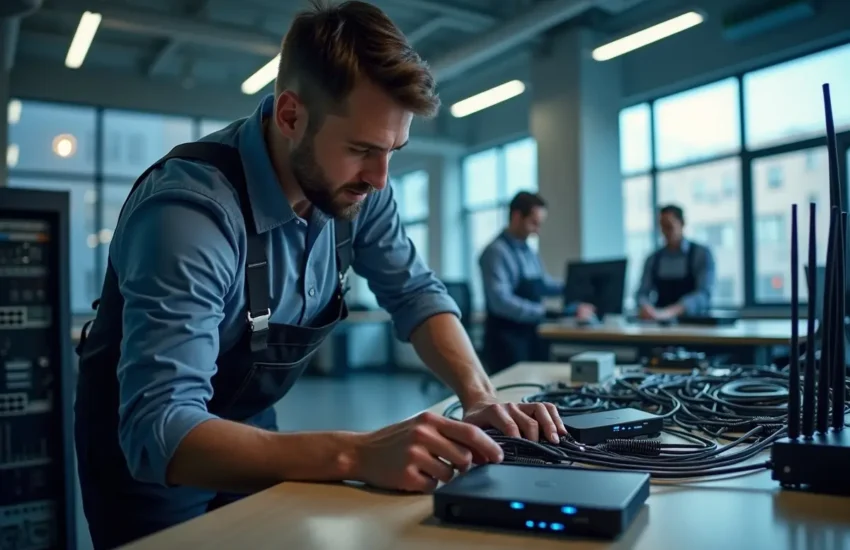Understanding FDA and HIPAA Regulations When Selling Pre-Owned Medical Equipment
Several essential safety and privacy regulations govern the sale of pre-owned medical devices in the United States. Thus, selling pre-owned medical devices is by no means simple. Two crucial regulations govern this: the Food and Drug Administration (FDA) regulations and the Health Insurance Portability and Accountability Act (HIPAA).
Such recommendations are in place to keep consumers safe and overall health care standards. Let’s understand the role of these regulations in this post and offer a clear path forward for sellers.
FDA Regulatory Compliance: Ensuring FDA Safety and Compliance

The FDA is one of the key regulatory bodies governing the use of medical devices, including used machines. Sellers need to guarantee that the gadgets satisfy specific safety and viability principles. Medical device types are classified into Class I, II, or III, each corresponding to a different regulation and control system.
Class I devices are the least regulated, and Class III is the most regulated because they require pre-market approval.
Before a sale, it is necessary to confirm that the equipment complies with current FDA standards. This consists of verifying that changes are adequately documented and whether the equipment complies with the original manufacturing specifications. As always, proper labelling, including instructions for use and safety warnings, will be essential to compliance.
HIPAA Regulations: Providing Privacy Protection
The FDA is intended for safety, but the HIPAA maintains privacy, particularly regarding patient information. Another aspect of purchasing pre-owned medical devices that must be carefully checked is that no personal health information (PHI) is shared unintentionally.
Entities selling devices need to properly clean the devices and wipe out all personally identifiable data. Data wiping goes further than deleting a file from a system. To achieve compliance, you may need to use services or software designed for secure, compliant data erasure.
Keeping track of this sanitization process also proves compliance, ultimately minimizing the relative liabilities. One must strive for a privacy-first approach where all the steps adhere to the stringent regulations of HIPAA.
Balancing Safety and Privacy
Selling used medical equipment requires a careful balance between malpractice, legal safety standards, and the privacy of the second-hand sale of goods. This ensures protection for consumers and also improves the professional image of the sellers, as it is expected that the health supplements should follow FDA and HIPAA regulations.
This makes understanding how these regulations interact with each other even more critical.
Sellers should, for example, be challenged to ensure that no personal data is at risk while keeping equipment safe and effective. This dual focus makes the transaction process borderless while gaining trust and reliability.
Challenges in Compliance
Following these regulations is not without its challenges, especially for someone who is not well-versed in following legal mandates. Miscalculations are expensive, so keeping well informed about these regulation changes is crucial. The cost of non-compliance can be harsh and severe.
This means more work for them, and small sellers will struggle due to the limited resources. Contacting professionals who understand the FDA and HIPAA regulations will assist you immensely. These experts can advise on compliance regarding the fulfilment of all legal obligations.
Practical Steps for Sellers
Implementing practical steps can ease the process of selling your used medical equipment.
First, it is essential to perform a full inspection and servicing check-up. This guarantees the equipment is in good working condition and complies with safety measures.
Second, designing a strong data sanitation protocol is very important. This includes using verified data-erasure techniques and documenting the process. Educating employees on these protocols can also be a significant step in improving compliance.
Conclusion
There are many regulations governing the idea of selling used medical equipment. Understanding the FDA and HIPAA regulations and the safety and confidentiality of sellers makes them more credible.
Making these requirements work can be challenging but possible with the proper guidance and action. It’s all about compliance; sellers and consumers are better off because of it, so there is no way not to succeed working this way.


